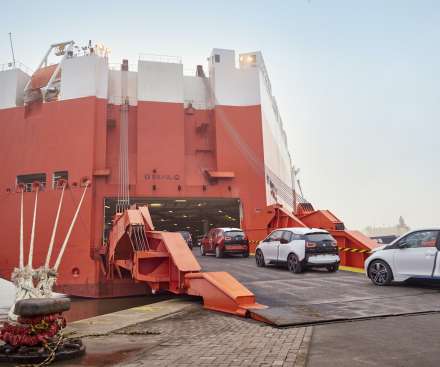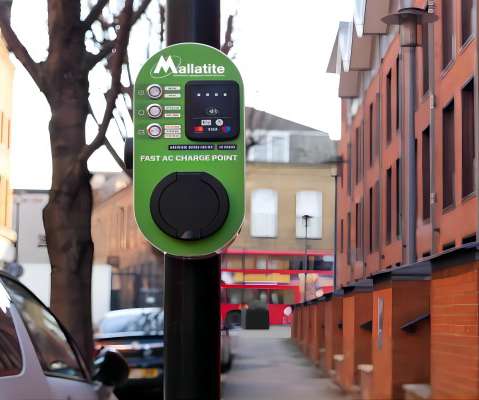BMW Group pushes low-emission transport logistics; joins Getting to Zero Coalition
Green Car Congress
DECEMBER 3, 2019
Ahead of the United Nations Climate Change Conference (COP 25) in Madrid and as part of the Group’s commitment to further reduce carbon emissions along the entire value chain, the BMW Group has joined the “ Getting to Zero Coalition ”. Maritime transport currently accounts for 50% of the BMW Group’s transport chain CO 2 emissions.





































Let's personalize your content